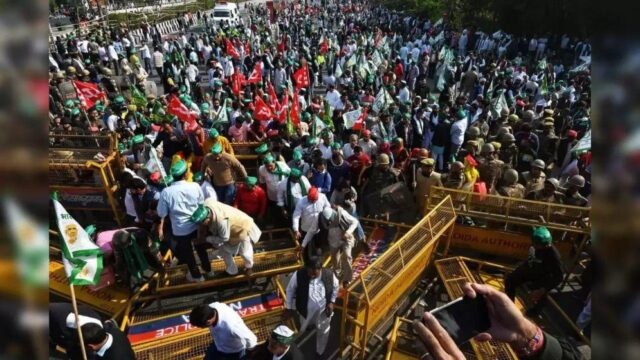Following an attack on the Bangladesh Assistant High Commission in Agartala, India, Bangladesh’s Ministry of Foreign Affairs has termed the incident a violation of the Vienna Convention. Various political parties, including BNP, have echoed similar sentiments while protesting the incident.
On Tuesday, the Bangladeshi Ministry summoned Indian High Commissioner Pranay Kumar Verma to lodge a formal protest. Officials from Bangladesh have alleged that the attack was “premeditated” and accused Indian law enforcement of inaction during the incident. In response, the commission in Agartala has indefinitely suspended all visa and consular services citing security concerns, while India has expressed regret and formed an investigation committee, detaining several suspects.
Experts argue that India’s failure to ensure the safety of the Bangladeshi diplomatic mission in Agartala constitutes a “clear violation” of the Vienna Convention.
What is the Vienna Convention?
The Vienna Convention on Diplomatic Relations (1961) is an international treaty defining the framework for diplomatic relations between nations. It was established to ensure uniform rules regarding the privileges, responsibilities, and conduct of diplomatic missions and officials. Signed initially by countries that were independent during the 1960s, both India (1965) and Bangladesh (1978) are signatories.
The convention, comprising 53 articles, mandates signatories to adhere to its guidelines strictly. Any actions contravening these articles are deemed a breach of the treaty.
Security Provisions Under the Vienna Convention
The Convention lays out specific measures to ensure the security of diplomatic missions:
- Protection of Premises: Article 22 of the treaty states that the host country must protect diplomatic premises against intrusion, damage, or disturbances. Without the explicit permission of the mission’s head, no authority from the host country may enter the premises.
- Safety of Officials and Property: The host country is obliged to take all necessary measures to protect the mission’s staff, property, and documents.
- Diplomatic Immunity: Articles 29 and 30 ensure that diplomats and their residences are protected under similar rules, exempt from searches or seizures.
- Unhindered Communication: Article 27 mandates that the host country must allow diplomatic missions to freely communicate using official means, ensuring confidentiality.
Expert Opinions on the Violation
The attack, which involved breaking into the premises, damaging property, and desecrating the Bangladeshi flag, is being deemed a violation of the treaty. Experts highlight the failure of Indian law enforcement to prevent or manage the intrusion despite being present during the incident.
Former diplomat M. Humayun Kabir remarked that the incident is an unequivocal breach of the Vienna Convention, emphasizing the host country’s obligation to safeguard the mission.
Possible Actions by Bangladesh
Despite the clear violation, international relations experts suggest that Bangladesh’s options are limited. Typically, such incidents lead to diplomatic protests, including summoning the host country’s ambassador. Beyond this, the options may include:
- Diplomatic Withdrawal: Recalling diplomatic staff or temporarily suspending operations.
- International Legal Measures: Filing a complaint with international forums, though such processes are time-intensive.
- Bilateral Dialogue: Engaging in discussions to ensure stricter adherence to diplomatic protocols.
India’s Response
India has expressed regret over the incident, emphasizing its desire to maintain a stable relationship with Bangladesh. Measures have been initiated to investigate the attack, including the arrest of seven individuals and the suspension of law enforcement officers allegedly negligent during the event.
Indian High Commissioner Pranay Kumar Verma underscored the importance of bilateral cooperation and assured that security for Bangladeshi diplomatic missions in India will be enhanced.









